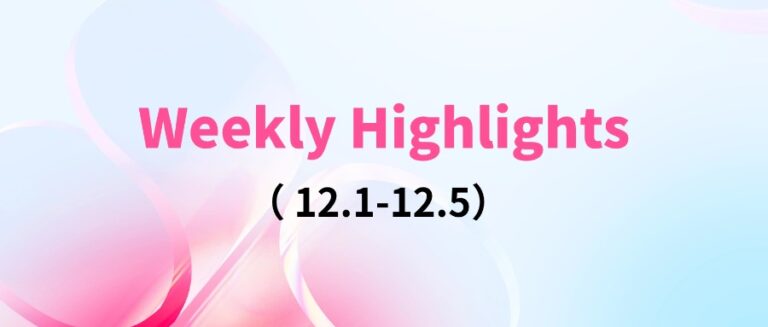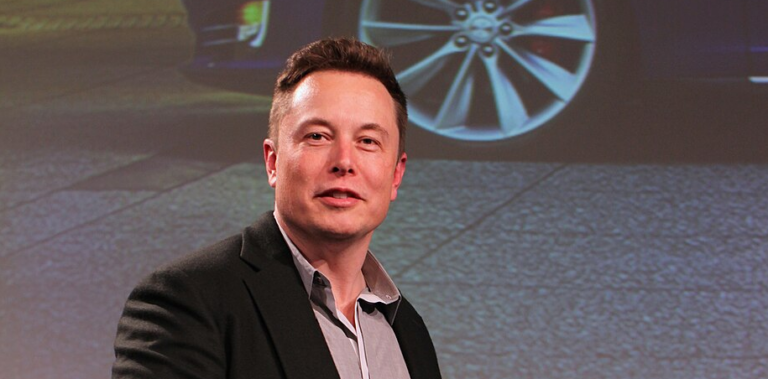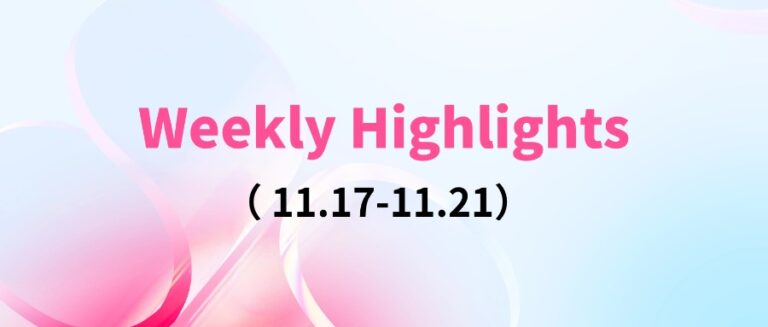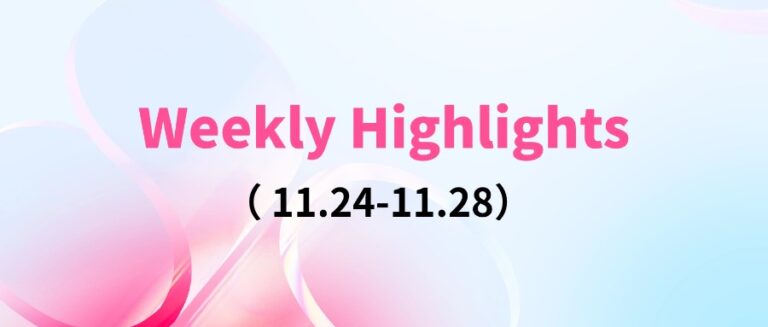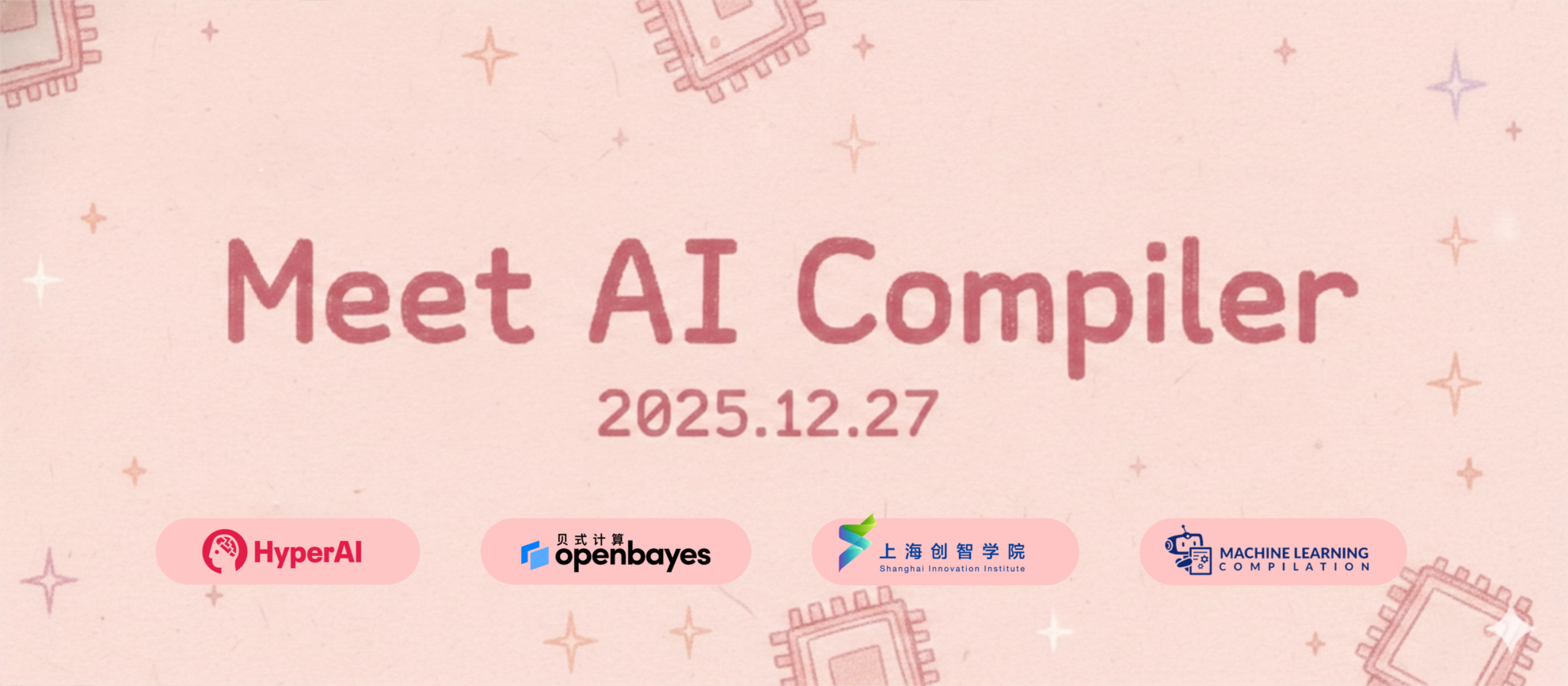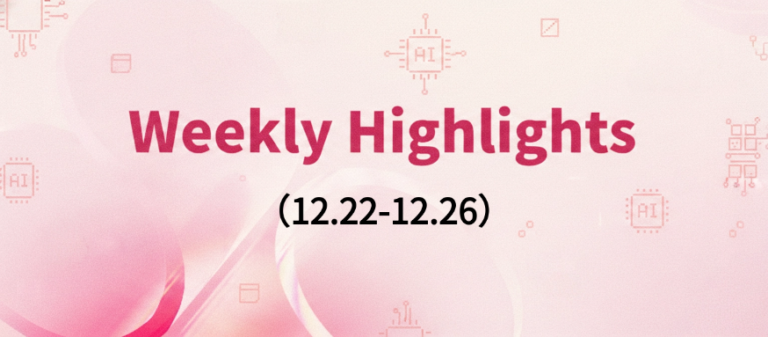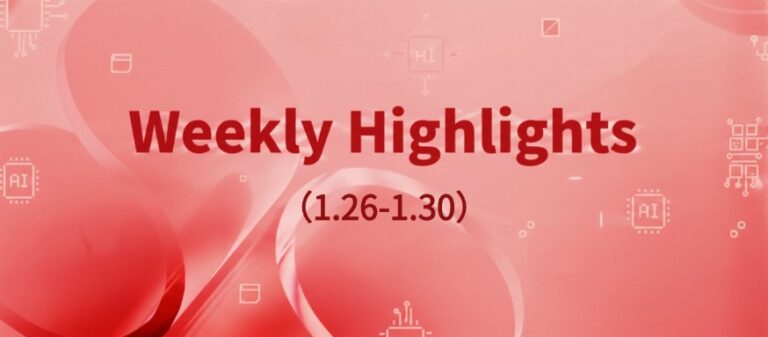Command Palette
Search for a command to run...
Say Goodbye to the Halo of Foreign Companies and Devote Yourself to the Front Line of Open Source Business
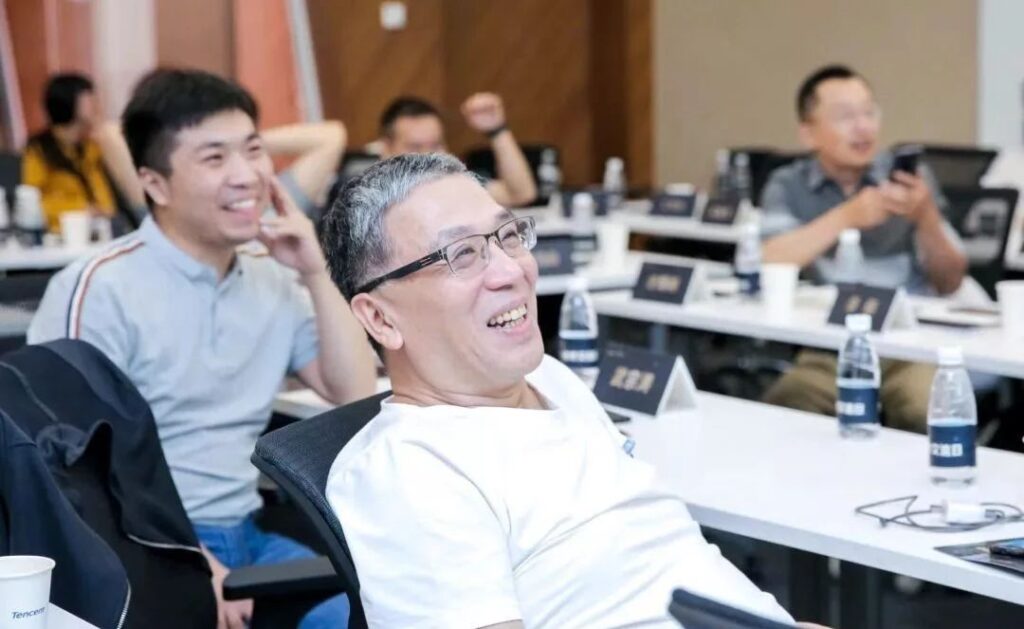
Chao Shen Ke has always paid close attention to the trends of various open source technologies. We will continue to discuss the "open source technology" agenda in the near future, and interview professionals from different backgrounds and fields to understand their understanding of open source. In this issue, we invited Liu Tiandong, chairman of the Open Source Society, to discuss 「The Development of China's Open Source Technology Culture」This topic.
The spirit of open source was born at the same time as the Internet and software. Soon after the birth of Unix and the Internet in 1970, open source culture and phenomenon emerged.
Without the promotion of open source, many technologies would still be monopolized by giant companies, technology would not be as popular as it is today, and of course there would not be the current technological waves.
Liu Tiandong: From a senior executive of a foreign company to a leader of an open source team
At the same time, the development of open source in China has not been smooth sailing. After questioning, trying, exploring and embracing, there are still many areas that need to be improved and perfected.
Chao Shen Jing is also very concerned about the issue of open source. We interviewed the chairman of the Open Source SocietyLiu Tiandong, and invited him to talk about his views on the development of open source.
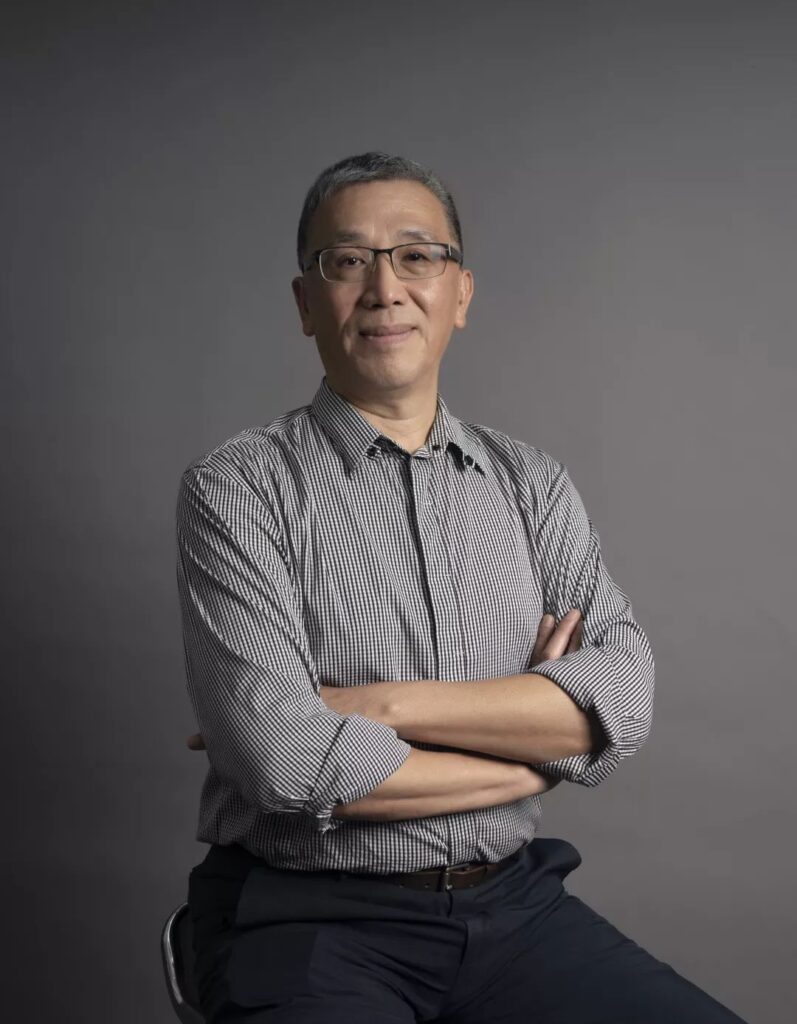
He isAn IT veteran from Taiwan, who can be said to be the predecessor of most readersHe started his undergraduate studies in the late 1970s and obtained a master's degree in computer science in the United States.
TedDirector of Strategic Business, Microsoft China, responsible for open source technology evangelism and open source community development; Oracle (China) Channel and Alliance Director, Oracle (China) Linux Strategy Director, Oracle Greater China Middleware Division General Manager and other important positions.
Now he has a new identity:Chairman and Co-founder of Open Source Society , a full member of the Apache Software Foundation, a member of the Apache Software Foundation Fundraising Committee, and a member of the Project Incubator Committee, and continues this passionate work.
Starting point: Want to replicate Apache's success in China
Just looking at Ted's resume is enough to shock many people. I'm sure many people are curious about what kind of opportunity made Ted shed the halo of a foreign company executive and take root in the relatively basic direction of open source technology?
Super Neuro:When did you start working in open source? What was the opportunity that led you to this cause?
Ted:In 2000, I was working at Oracle China, in charge of national channels and alliance partners, when I first encountered the open source operating system TurboLinux (called TurboLinux in China).I was deeply attracted by the concept of open source and joined.
In 2014, I joined Microsoft Open Technologies. At that time, in an internal meeting, we were discussing why China did not have a Apache Software Foundation (ASF)Such a good open source foundation?
Can we promote the establishment of such a foundation ourselves?
It is this idea that makes usAt the end of 2014, the Open Source Society was officially established., as a starting point for establishing the China Open Source Foundation.

Under the unique development concept, Kaiyuanshe has become an influential organization and has achieved some results in open source projects, such as open workshop/hackathon platform, open source contribution incentive platform - KCoin, China Open Source Annual Report, etc.
The open source spirit that China needs: reject short-sightedness and abandon prejudice
Open Source Society is one of the most influential open source organizations in China, and its development has also driven the progress of the open source movement in China. As the leader and decision-maker of this platform, how does Ted view the development of open source in China?
In addition, what difficulties need to be overcome if we want to develop more maturely and faster? When it comes to promoting open source, many people think that having solid technology is enough. Is this really the case?
Super Neuro:What do you think are the advantages and challenges that open source faces in its development in China?
Ted:I personally believe that China's advantage in developing open source is that we do not have too much historical baggage and can adopt an open source strategy from the very beginning.
in addition,The US's control over China's trade and technology is a crisis, but it is also an opportunity.Let us better consolidate our foundation through open source technology and community development, and accelerate the development of open source because of the sense of crisis.

The challenges of developing open source in China are:Our understanding of open source is still in a very primitive stage.
Some people even sing the praises of self-control, with the subtext that they should make full use of open source products and then close them to foreigners. Some people also continue to criticize the open source business model, which prevents the open source ecosystem and the inflow of funds.
In fact, open source is a brand-new development model. The open source business model can be the same as the traditional business model, or even more innovative, more diverse, with lower costs, faster time to market, and greater profits.

Chao Shenke: What is the biggest difficulty in the development of open source in China?
Ted:I personally thinkThe biggest difficulty in developing open source in China is to truly understand the concept of open source..
The top international open source foundations have been promoting the concept that community is more important than code, as well as the model of open source governance (i.e. community governance, project governance, and risk governance). That is, through good governance principles and frameworks, organizations, processes, and tools, more people (communities) can be enabled to work together to solve problems, rather than just considering technology or code.
This is precisely the bottleneck of domestic open source development, that is, we only think about technology first (family secrets are not passed on to outsiders, and good wine needs no bush). We first grab a position (autonomy), first control (controllability), and think about how to divide the pie, rather than expanding the pie through the virtuous cycle development of the open source community and a good open source governance model.
Open source is the future. Only open source can have a future
Super Neuro:There have been many technological booms in recent years, including blockchain, artificial intelligence, etc. What impact have these technological waves had on the development of open source technology?
Ted: This question should be asked in reverse., what impact does open source have on the emerging wave of technology? A simple answer,Now all the latest and most popular technologies are basically open source.
Because only open source can continuously attract more powerful people, stronger brains to continuously innovate and develop, thereby attracting more powerful people to join.
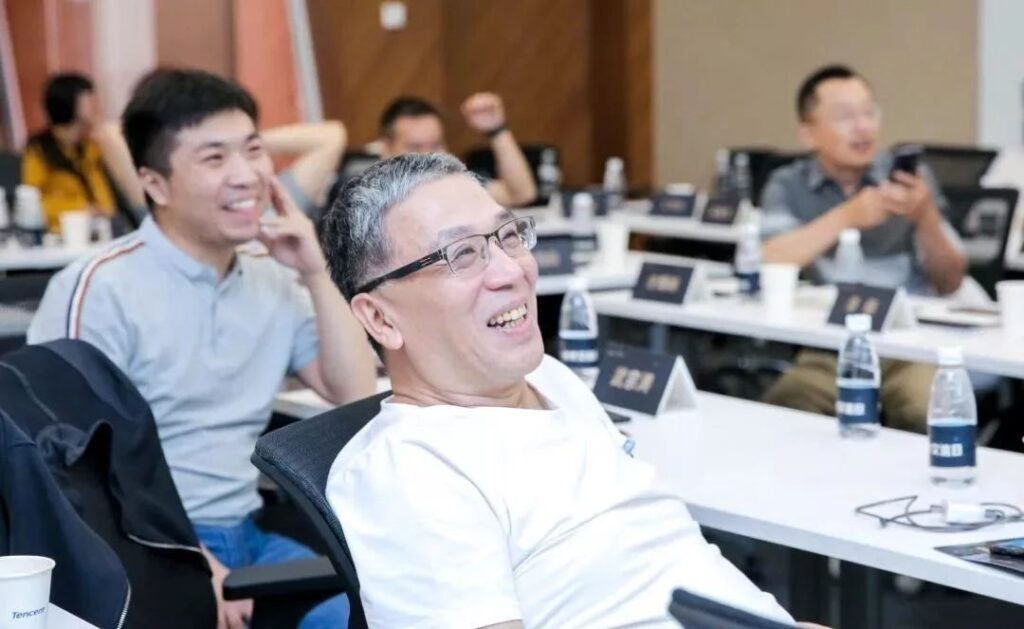
Take blockchain for example, taking the chain circle as an example. If a mature open source governance model can be introduced, it will bring about a breakthrough evolution in the development of blockchain technology communities and projects.
The government is now vigorously promoting blockchain technology, and we also hope that the government can pay attention to the importance of open source governance and community development.
Five years: From three projects to hundreds of top guests
The China Open Source Conference (COSCon), hosted by Kaiyuan Society, is one of the most influential conferences in the domestic open source field.
Since its inception in 2015, the China Open Source Conference has grown in size. This weekend's COSCon'19 event in Shanghai was even larger than ever, with more than 100 speakers and more than a dozen parallel sessions.
Super Neuro:What role and significance does the Open Source Annual Conference play in the development of open source in China?Ted:The China Open Source Annual Conference has been held since 2015 and is now in its fifth year. Our positioning is very clear, which isOpen source governance, international integration, and community joint developmentThe three major themes.
For example, it was still called the Apache China Roadshow in 2015. At that time, the Apache Software Foundation had only three open source projects originating from eBay China Research Institute, including the well-known Apache Kylin project.
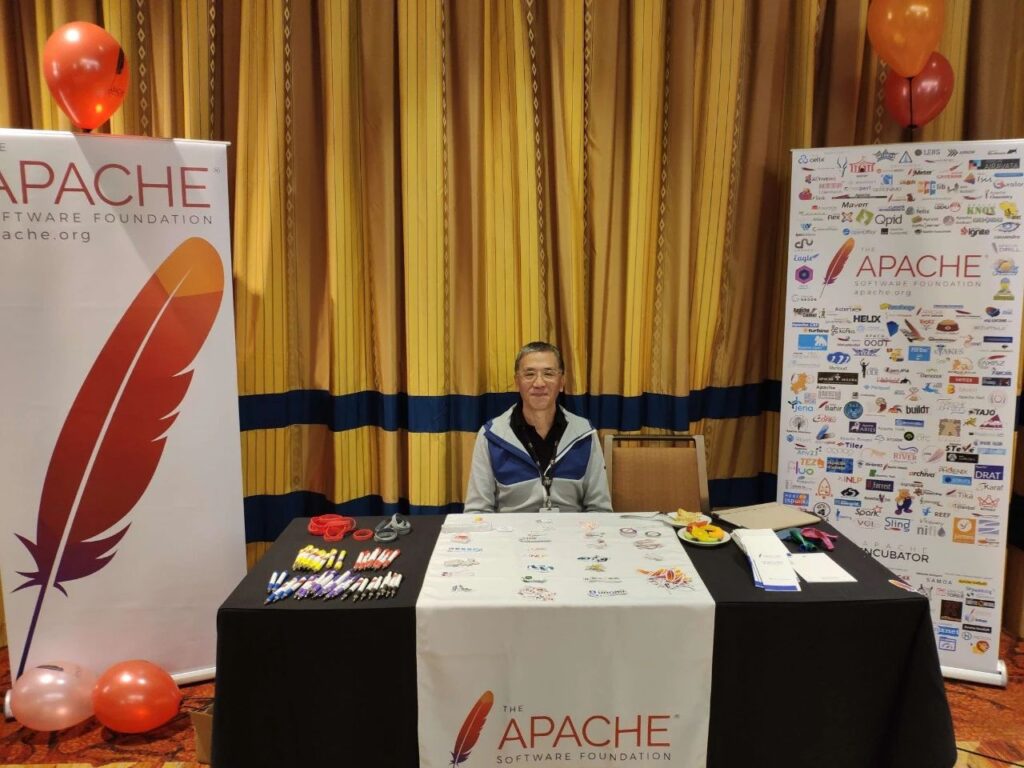
That year, we invited the ASF chairman and many other great people to have face-to-face exchanges with many domestic companies, communities and developers who are concerned about open source. In every subsequent session, we invited great people from ASF and many other international foundations to participate.
As of October 2019,There are already 17 ASF projects originating from China, of which 9 are top-level projects and 8 are incubation projects.The Open Source Society does not dare to take credit for such achievements. We can only say that we have not forgotten our original intention and are helping Chinese open source developers to gain a foothold in China and contribute to the world.
Chao Shenke: For the upcoming China Open Source Annual Conference, what special arrangements are there for this conference? Are there any major adjustments compared to previous ones?
Ted:This year's China Open Source Annual Conference is different from previous years in that we have added a special session on women's participation in open source - women make open source more romantic.The proportion of female lecturers in this conference exceeded that of 20%.
We also added special sessions on open source operating systems, open source hardware, open source education, 6 workshops/hands-on training camps, and highlighted the importance of the finale lightning talk (this was inspired by COSCUP).
Another innovation this time is the creation ofCross-border Cooperation, invited a famous lecturer from Taiwan COSCUP to speak; at the same time, we will also hold an open source night + ASF 20th anniversary dinner. On the other hand, this time we will also set up aOpen Source Expert Recruitment Wall (Job Wall), promoting the connection between open source talents and platforms.
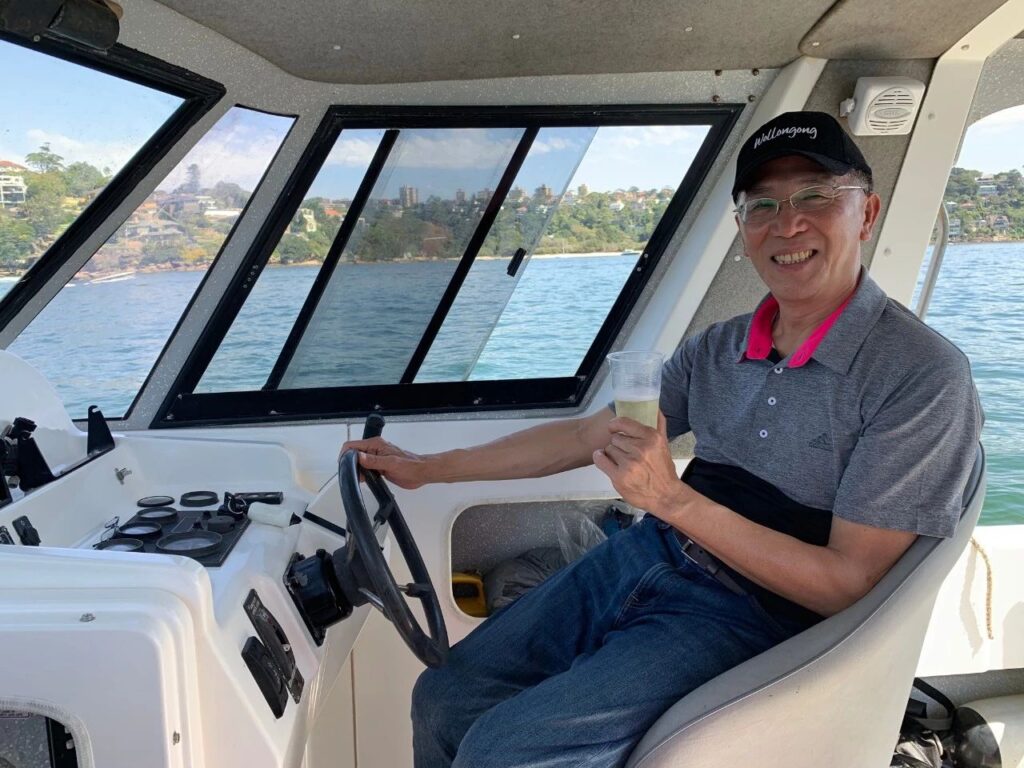
Thanks to Professor Ted for accepting the interview with Super Neuro and sharing these analyses and unique insights on open source culture. This week Super Neuro will also interview several other featured guests of the COSCon'19 conference, so you can continue to look forward to the next content.
Super benefits: 50 two-day tickets, all free
This weekend, the Open Source Annual Conference is about to take place. This two-day conference has invited more than 100 guests, including CEO, GitHub Nat Friedman, Vice President of Community Development, Apache Software Foundation Sharan Foga,General Manager of Microsoft China Cloud Computing and AI DivisionMak Chiu Chun, Founder & Chairman of CSDNJiang Tao and other important industry experts gave nearly a hundred in-depth content sharing sessions.

As the fifth annual China Open Source Conference, it includes the following topics:Open source software, open source hardware, community operation and governance, open source educationThe conference also invited friends from various free/open source related companies and academia to attend this feast.
Get a two-day ticket for the Super Neuro collaboration: Scan the QR code to register directly (limited to 50 tickets)

-- over--


